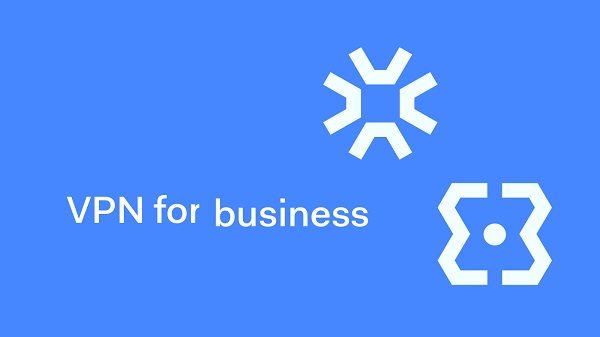
- Does a small business need a VPN?
- How to setup VPN for small company?
- Which VPN to use for company?
- Is NordVPN good for small business?
Small businesses often prioritize affordability and ease-of-use when it comes to selecting their software and IT solutions. However, when it comes to security, cutting corners can have severe consequences. With the rise of remote work and the increasing frequency of cyber attacks, small businesses need to take cybersecurity seriously. One important tool that can help protect small businesses is a VPN (Virtual Private Network). In this article, we will discuss why small businesses need a VPN, and what benefits they can provide.
What is a VPN?
A VPN is a tool that encrypts your internet connection and hides your IP address. This means that your online activity becomes more secure, private, and anonymous. VPNs are typically used to access content that may be restricted in certain countries or by certain internet service providers (ISPs), as well as to maintain privacy and security when using public Wi-Fi networks. VPNs can also be used for business purposes, such as to securely connect remote workers to a company’s network.
Why do small businesses need a VPN?
Protect sensitive data
Small businesses often handle sensitive information such as customer data, financial information, and trade secrets. This information is attractive to cybercriminals who can use it for identity theft, financial fraud, or ransomware attacks. A VPN can help protect this information by encrypting data in transit, making it more difficult for attackers to intercept and read.
Secure remote work
Many small businesses now have remote workers who need to access the company’s network from outside the office. While this allows for greater flexibility and can help save costs on office space, it also creates new security risks. Remote workers may use public Wi-Fi networks that are vulnerable to attacks or may access the company’s network from personal devices that are not adequately secured. A VPN can help mitigate these risks by encrypting traffic and providing a secure tunnel for remote workers to access the company’s network.
Avoid geo-restrictions
Small businesses that operate globally may encounter geo-restrictions when accessing certain websites or online services. For example, some streaming services are only available in certain countries, while some social media platforms are blocked in certain regions. A VPN can help small businesses bypass these restrictions and access the content they need.
Secure cloud-based applications
Many small businesses now use cloud-based applications such as Google Workspace, Microsoft 365, and Salesforce to manage their operations. These applications store sensitive data in the cloud, which can be vulnerable to attacks if not properly secured. A VPN can help secure these applications by encrypting data in transit and providing an additional layer of security.
Improve online privacy
Small businesses that value online privacy may use a VPN to prevent third-party companies from tracking their online activity. Many websites and online services track user behavior in order to display targeted ads or sell user data to third-party companies. A VPN can help prevent this by encrypting internet traffic and masking the user’s IP address, making it more difficult for third-party companies to track online activity.
In addition to these benefits, a VPN can also provide cost savings for small businesses. VPNs can be used to reduce the costs associated with renting physical office space, as remote workers can access the company’s network from anywhere in the world. VPNs can also be used to reduce travel costs, as employees can access important documents and resources from anywhere with an internet connection.
Conclusion
Small businesses face unique security challenges that require proactive measures to address. While a VPN may seem like an unnecessary expense, the benefits it provides in terms of security, privacy, and cost savings make it a worthwhile investment for any small business. By using a VPN, small businesses can protect sensitive data, secure remote work, avoid geo-restrictions, secure cloud-based applications, and improve online privacy. With the increasing frequency of cyber attacks and the rise of remote.



